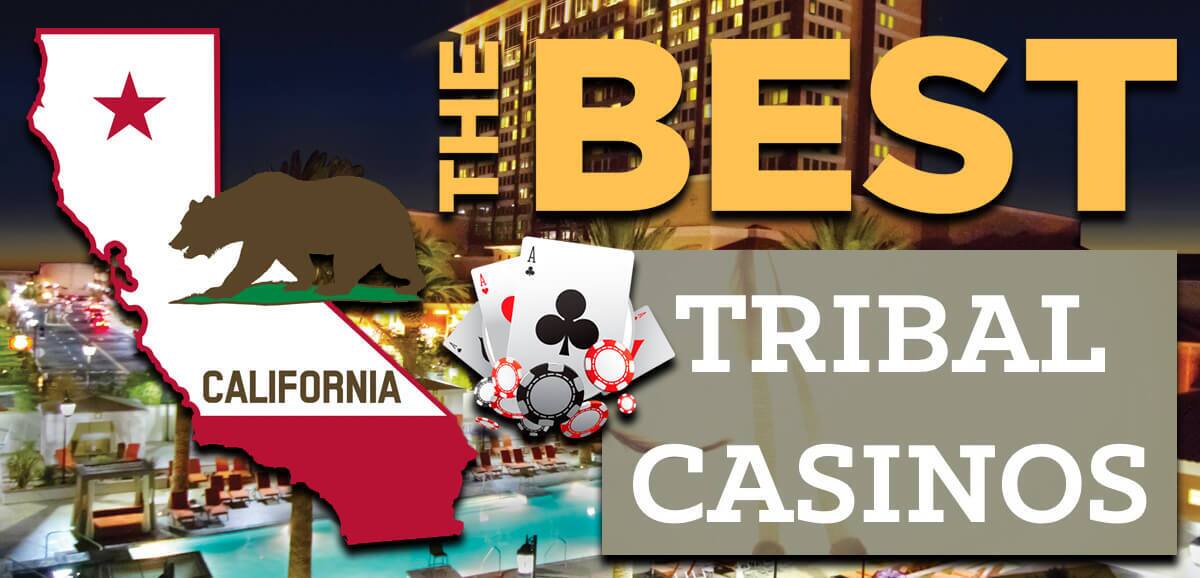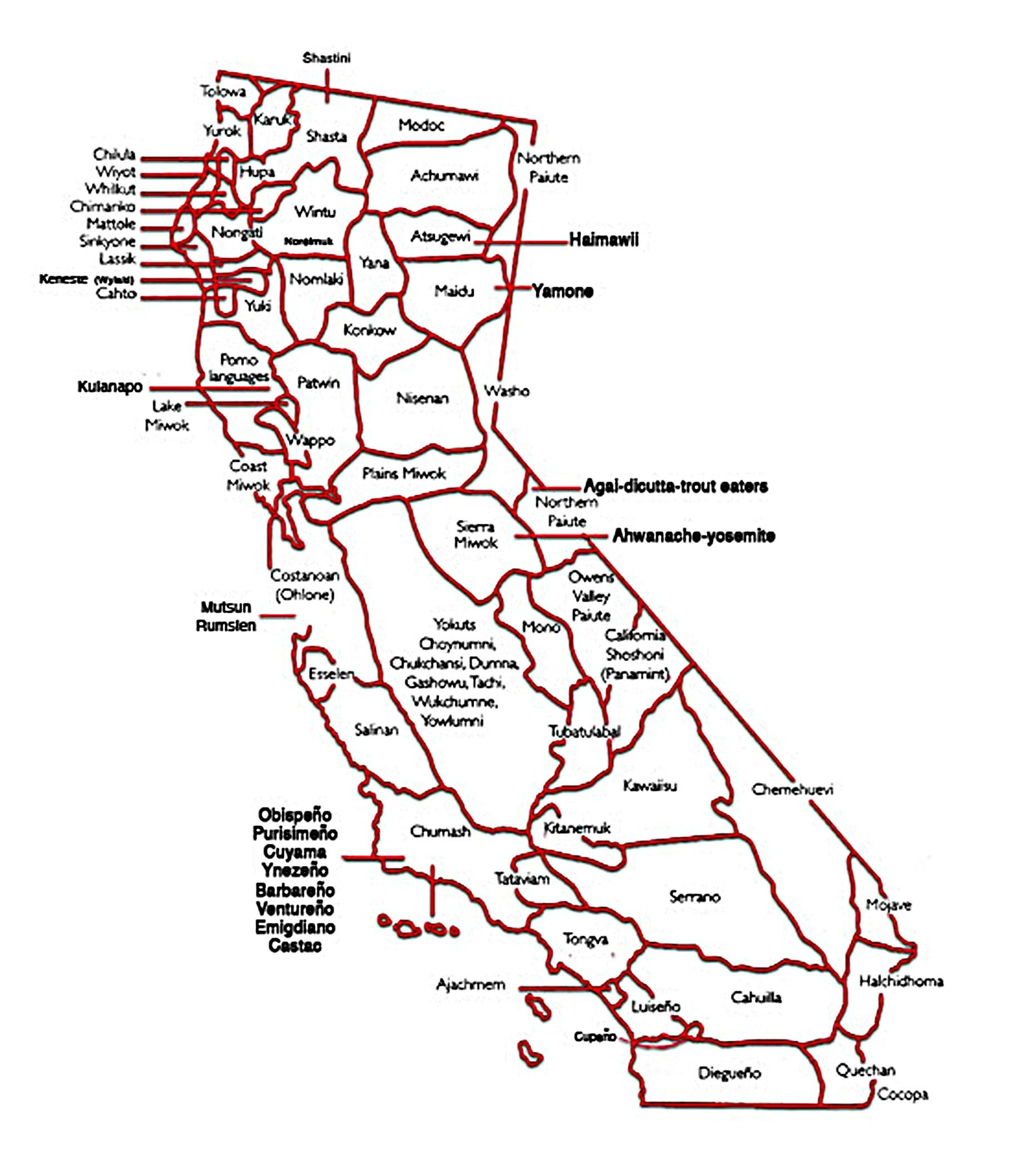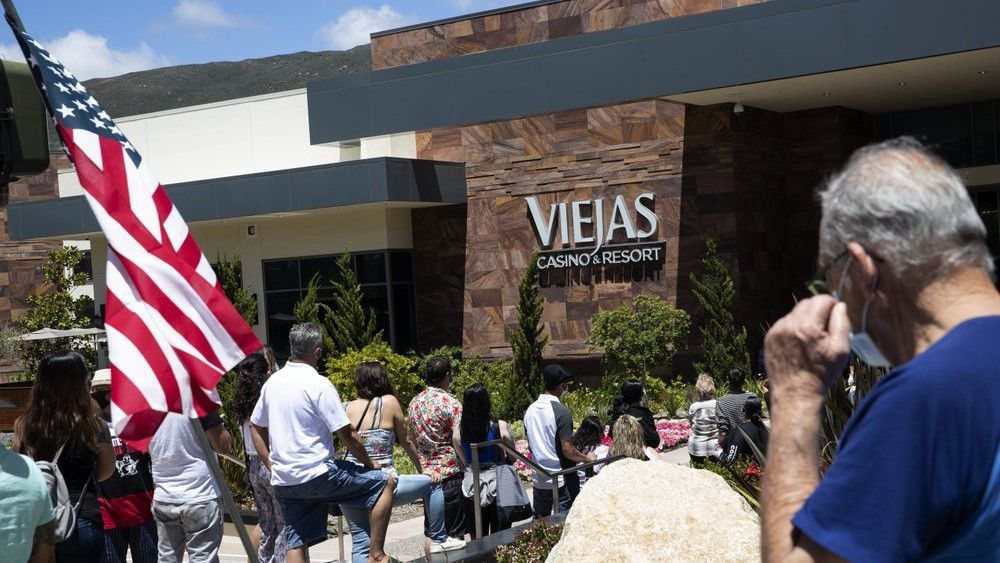California Casinos: All In on Tribal Lands?
California Casinos: All In on Tribal Lands?

You’ve probably seen them dotting the California landscape: glittering casinos, promising fortunes and endless entertainment. But have you ever wondered why they seem to be tucked away on remote stretches of land, often far from major cities? It’s a question that sparks curiosity and leads many to a surprising answer: almost all casinos in California are located on tribal lands.
This unique arrangement is a result of a complex interplay of history, law, and cultural identity. Understanding this connection is key to appreciating the vibrant world of California gaming and its impact on the state’s economy and social landscape.
Related Articles: California Casinos: All In on Tribal Lands?
- Unveiling the Tapestry of Virginia's Native American Heritage
- Uncover the Enchanting World of Michigan's Indian Reservations: A Map to Hidden Gems
- Unveil the Enchanting World of Big Cypress Seminole Indian Reservation
- Beyond The City Lights: Exploring Native American Culture Near LA
- Discover the Hidden Gems of Native Reservations in Texas
A History of Gaming and Tribal Sovereignty
The story of California casinos is deeply intertwined with the history of Native American tribes in the state. For centuries, these tribes have called California home, cultivating a rich cultural heritage and maintaining strong ties to their ancestral lands. But throughout the 20th century, these lands faced relentless pressure from encroaching development and government policies aimed at assimilation.
The Indian Gaming Regulatory Act (IGRA) of 1988 was a turning point, recognizing the inherent right of tribes to conduct gaming activities on their lands. This landmark legislation provided a framework for tribal sovereignty and economic self-determination, paving the way for the rise of tribal casinos across the country.
California’s Gaming Landscape: A Tribal Monopoly
In California, the IGRA’s impact was particularly profound. The state’s constitution prohibits commercial casinos, effectively creating a monopoly for tribal gaming operations. This means that if you’re looking to hit the slots or try your luck at blackjack in California, you’ll likely find yourself on tribal land.
The state’s 63 federally recognized tribes have leveraged this opportunity, transforming their ancestral lands into thriving economic centers. These casinos have become major employers, generating billions in revenue and supporting vital social services for tribal communities.
Beyond the Gaming Floor: The Economic Impact
The economic impact of tribal casinos extends far beyond the gaming floor. They’ve become a driving force in local economies, creating jobs, boosting tourism, and contributing to infrastructure development.

In rural areas, where economic opportunities are often limited, tribal casinos have become lifelines, providing much-needed employment and revenue. They’ve helped to revitalize communities, fund education programs, and improve healthcare services for tribal members.
The Challenges and Controversies
While the rise of tribal casinos has brought significant benefits, it’s not without its share of challenges and controversies. Some argue that the monopoly creates an unfair advantage for tribal casinos, while others question the environmental impact of large-scale development on tribal lands.
There are also concerns about the potential for problem gambling and its impact on individuals and families. Addressing these concerns requires a delicate balance between promoting economic development and protecting vulnerable populations.
Navigating the Legal Landscape

Understanding the legal framework governing tribal gaming in California is crucial. The IGRA outlines the types of gaming activities allowed on tribal lands, as well as the regulatory oversight by the National Indian Gaming Commission.
The state of California also has its own regulations governing tribal casinos, including requirements for environmental protection, responsible gaming practices, and agreements with local governments.
A Glimpse into the Future
As the California gaming landscape continues to evolve, the relationship between tribal casinos and the state remains a complex and dynamic one. The future of tribal gaming will likely be shaped by factors such as technological advancements, changing consumer preferences, and ongoing debates about the social and economic implications of gambling.
FAQ: All Casinos in California on Indian Reservations?

1. Are all casinos in California on tribal lands?
While almost all casinos in California are located on tribal lands, there are a few exceptions. The state allows for certain types of card games, like poker, to be offered in non-tribal settings, but these are typically limited in scope and number.
2. Why are casinos in California located on tribal lands?
The Indian Gaming Regulatory Act (IGRA) of 1988 recognized the inherent right of tribes to conduct gaming activities on their lands. This legislation, along with California’s prohibition on commercial casinos, has created a unique environment where tribal casinos dominate the state’s gaming industry.
3. What are the benefits of tribal casinos?
Tribal casinos generate significant revenue, creating jobs, boosting tourism, and supporting vital social services for tribal communities. They have played a crucial role in revitalizing rural economies and empowering tribal self-determination.
4. What are the challenges of tribal casinos?
Concerns include the potential for problem gambling, the environmental impact of large-scale development on tribal lands, and the perceived unfair advantage of tribal casinos over commercial competitors.
5. What is the future of tribal casinos in California?
The future of tribal casinos will likely be shaped by technological advancements, changing consumer preferences, and ongoing debates about the social and economic implications of gambling. As the gaming landscape continues to evolve, the relationship between tribal casinos and the state will remain a complex and dynamic one.
In Conclusion
The story of California casinos is a testament to the enduring spirit of tribal sovereignty and the transformative power of economic opportunity. By understanding the unique legal and historical context that shaped this industry, we can appreciate the multifaceted impact of tribal casinos on California’s economy, social landscape, and the cultural identity of its Native American communities. The future of these casinos will be shaped by the decisions we make today, ensuring a balance between economic growth, social responsibility, and the preservation of tribal heritage.
Closure
Thus, we hope this article has provided valuable insights into California Casinos: All In on Tribal Lands?. We hope you find this article informative and beneficial. See you in our next article!
